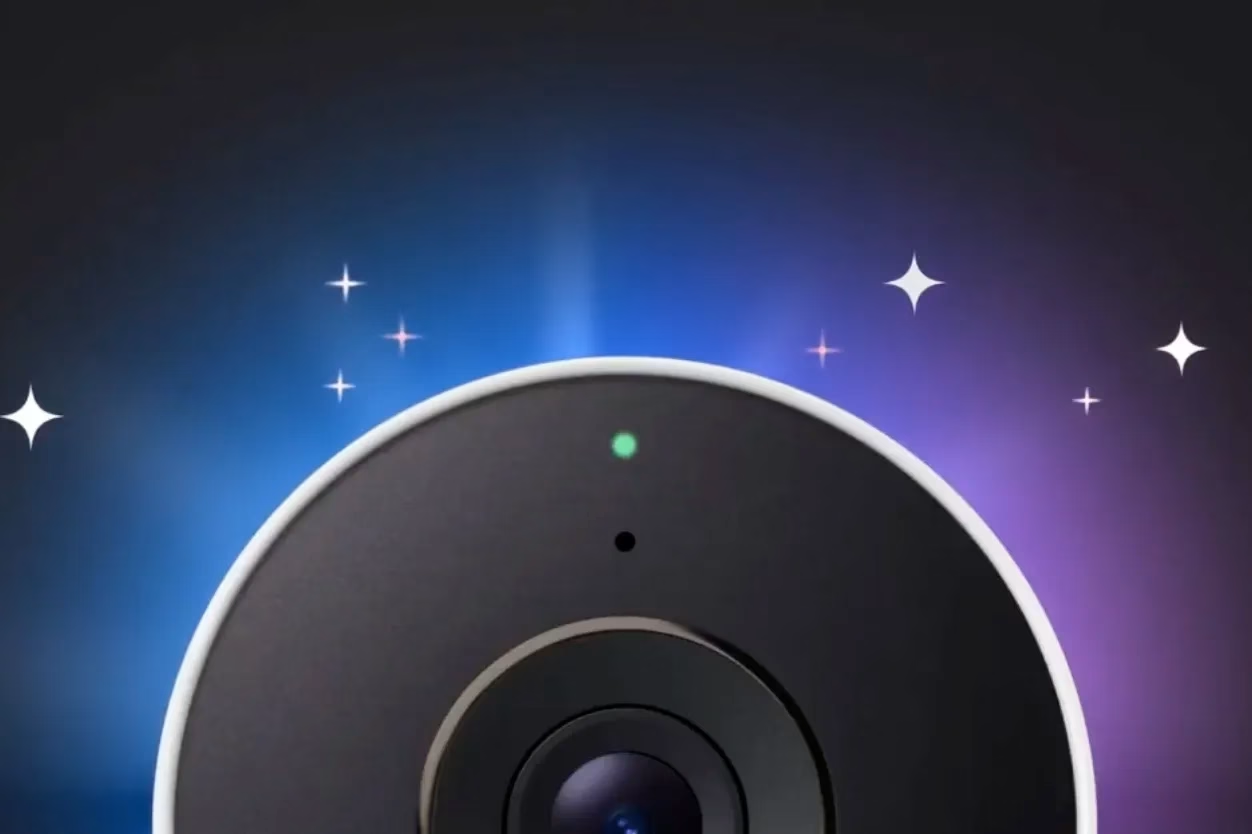Google Home Poised for Major Overhaul with Gemini Integration on October 1st
Google is finally set to deliver a much-anticipated update to its smart home ecosystem, with a significant announcement slated for October 1st. The company has confirmed that "Gemini is coming to Google Home," signaling a substantial shift in how users will interact with their connected devices. This move comes at a time when Google's smart home offerings, while functional, have arguably lagged behind competitors in terms of seamless integration and advanced AI capabilities. The impending update promises to inject new life into the platform, leveraging Google's powerful AI model to create a more intuitive and responsive smart home experience.
The Gemini Advantage: What to Expect
The integration of Gemini, Google's most advanced AI model, into the Google Home platform is the key highlight of this upcoming announcement. Gemini's multimodal capabilities, meaning it can understand and process different types of information like text, images, audio, and video, could fundamentally change how we control and interact with our smart homes. Imagine asking your Google Assistant to "turn off the lights in the room where the dog is sleeping" and having it understand not just the command, but also infer the location based on visual cues or learned patterns. This level of contextual awareness is something many users have been waiting for.
This isn't just about voice commands becoming slightly more sophisticated. Gemini's potential extends to proactive assistance. For instance, it could learn your daily routines and suggest actions, like adjusting the thermostat before you typically wake up or reminding you to lock the doors if it detects you've left home without doing so. The promise is a smart home that doesn't just react, but anticipates needs, making daily life smoother and more efficient. It's a bold step, and one that could finally put Google Home on par with, or even ahead of, the competition in terms of AI-driven smart home management.
A Long Time Coming: Google's Smart Home Evolution
It's no secret that Google's smart home strategy has felt a bit fragmented over the years. While individual devices like Nest speakers and displays have been strong, the overarching experience of managing a connected home has often felt less cohesive than it could be. Users have navigated different apps and interfaces, and the AI assistant, while capable, hasn't always demonstrated the deep understanding of context that users expect from a company at the forefront of AI research.
This update, therefore, isn't just an improvement; it's a necessary evolution. Bringing Gemini into the fold suggests a unified approach, aiming to leverage a single, powerful AI to power all aspects of the Google Home experience. This could mean a more consistent user interface, better cross-device functionality, and a more personalized interaction model. It's like finally getting all the pieces of a puzzle to fit together perfectly, creating a clear picture of what Google envisions for the future of the connected home. The anticipation is palpable, especially for those who have invested in the Google ecosystem.
What Does "Gemini is Coming to Google Home" Really Mean?
Another area of potential impact is device control. Gemini's multimodal nature could allow it to interpret visual information from Nest cameras, for example, to inform its actions. Imagine a scenario where Gemini recognizes a specific family member entering a room and automatically adjusts the lighting and music to their preferences. Or perhaps it could analyze energy usage patterns across all connected devices to suggest more efficient settings. The possibilities are vast, and the October 1st date is circled on many calendars for a reason. It's the day we'll get concrete answers and, hopefully, a glimpse into a truly intelligent home.
The Competitive Landscape and Google's Next Move
Google's smart home efforts have always been in direct competition with giants like Amazon's Alexa and Apple's HomeKit. While Google has its strengths, particularly in search and AI, its smart home platform hasn't always captured the same mindshare as its rivals. This Gemini integration could be the game-changer Google needs. By embedding its most advanced AI into the core of its smart home offering, Google aims to differentiate itself and provide a compelling reason for consumers to choose its ecosystem.
The success of this update will likely hinge on how seamlessly Gemini is integrated and how effectively it translates its advanced AI capabilities into tangible benefits for everyday users. Will it simplify complex tasks? Will it offer genuinely helpful proactive suggestions? And crucially, will it be accessible across a wide range of Google Home devices? The smart home market is fiercely competitive, and this October 1st announcement could very well set the tone for the next phase of innovation in connected living. It's a pivotal moment for Google, and one that smart home enthusiasts will be watching very closely.
